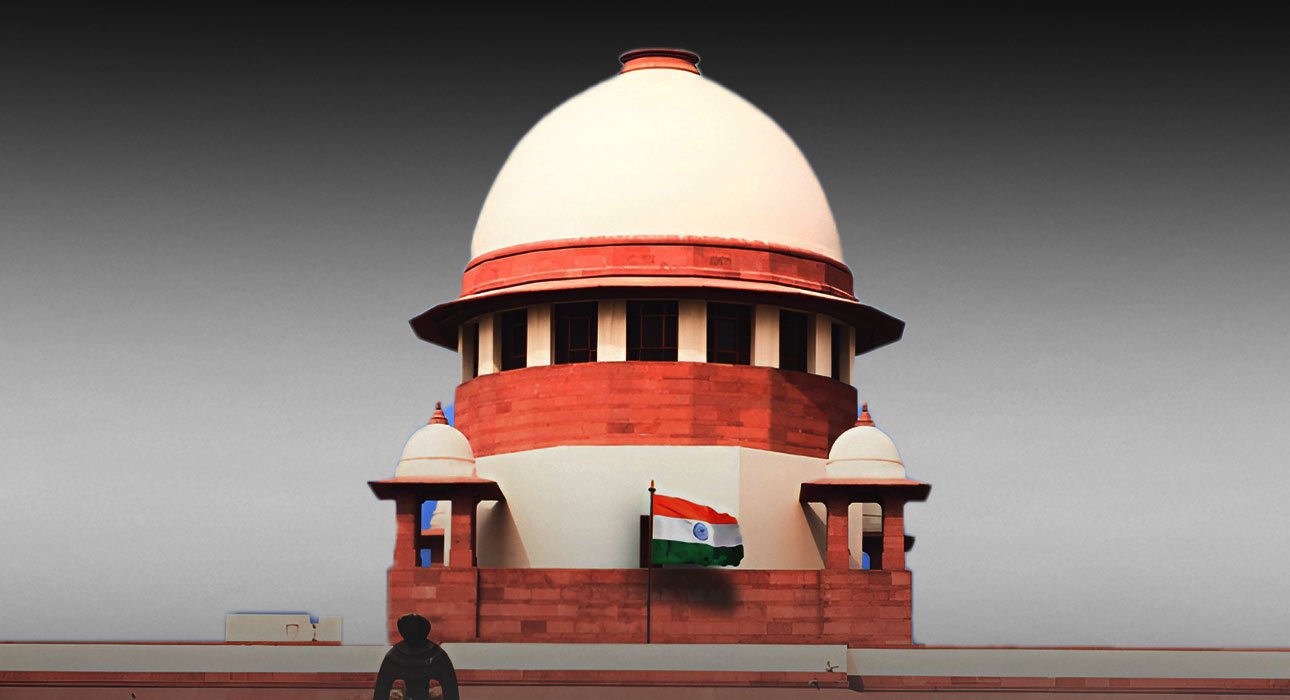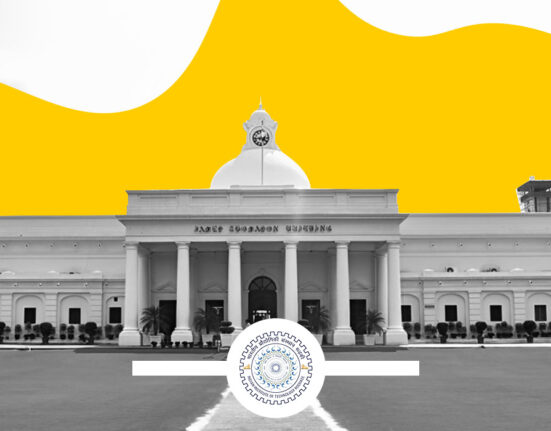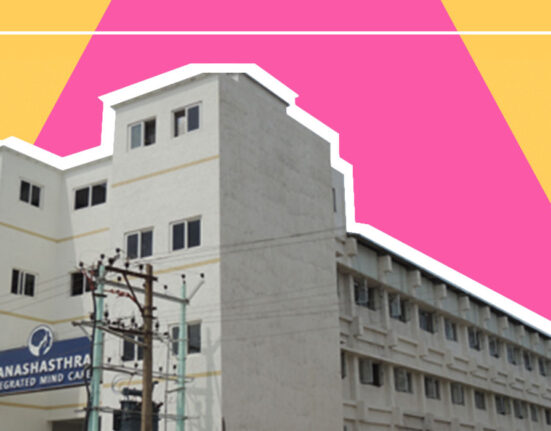The National Task Force was ordered by the court to conduct a mental health survey on campuses earlier this year. The decision was given in response to multiple students who have died by suicide. The parents of the students approached the Supreme Court of India to address the matter. In the last decade, the suicide rate has rapidly increased, specifically in higher education, including the recent cases of the Indian Institute of Technology (IIT).
Along with many other factors, caste discrimination was highlighted the most. The petitions filed had cases from 2016 as well, and their parents demanded justice. However, many institutions have not responded to the survey questionnaire shared by the National Task Force (NTF). The issue would be taken up with each institution by the Union Government.
Read More: Supreme Court Sets Up Task Force for Student Mental Health
Timeline
Based on the petitions, the Supreme Court orders the NTF to survey to understand the issues and take up further decisions based on the results. In August, NTF launched a website through which they shared the survey. It was individualised for parents, students, mental health professionals, members of the public, and institutional representatives. However, the survey is yet to be completed by many institutions.
Leading Institutions Remain Unresponsive
The recent hearing of the matter was last week, that is, 10th October 2025. It was shared in the courtroom that nearly 57,000 Higher Education Institutions (HEIs) are yet to respond to the survey sent months ago. This is out of 58,000 institutions that are supposed to participate in the survey. Therefore, a handful of higher education institutions have responded despite four more reminders by the union government to cooperate during the survey process. Surprisingly, IITs, IIMs, etc., are also included in the list of being unresponsive, though they are among the institutions reporting high rates of deaths by suicide.
Read More: Academic Pressure on Higher Studies and Its Impact on Students’ Mental Health
Gaps in Implementation
The following gaps were pointed out by the court:
- Many states and Union Territories have not appointed a joint secretary rank nodal officer. The officer would be responsible for observing the process of the survey and directing it to the results.
- Delhi, Maharashtra, Arunachal Pradesh, Goa, Andhra Pradesh, and Chhattisgarh appointed a junior officer as nodal officer, which is not as per the directives given.
Court Bench Further Decision
JB Pardiwala and R Mahadevan, the Bench of Justice, shared their “disappointment” and highlighted the fact that the survey was “highly essential”. Therefore, institutions must cooperate and join in it. A chance has been given to the institution, marking it as the “last opportunity” to actively participate in the survey. “Failing which, a strict action would be taken by the court, which the institution might not like and would impact their reputation as well”, according to the court.
Read More: Time to Emphasise Mental Health Issues in Students to Prevent Suicide













Leave feedback about this